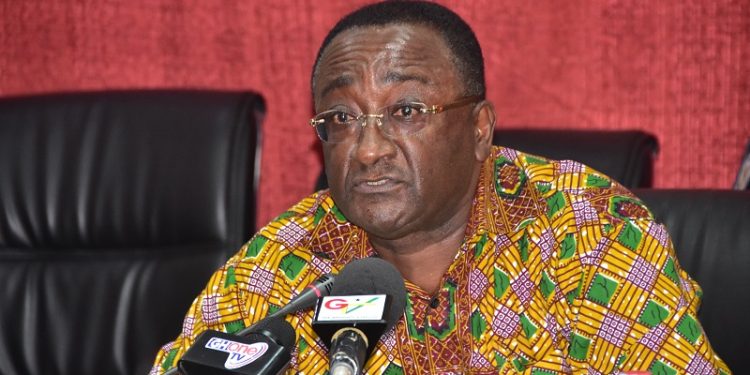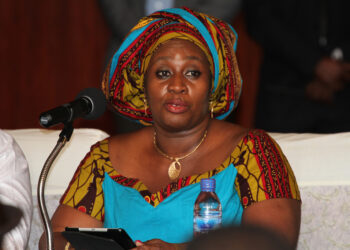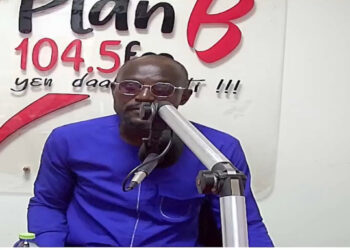Dr. Owusu Afriyie Akoto, the New Patriotic Party‘s (NPP) presidential aspirant, has voiced concerns over Ghana’s inflation rate.
Speaking in an interview on Starr FM on October 12, 2023, he acknowledged that Ghana is grappling with a significant economic crisis characterized by high inflation rates, which have fluctuated between 40% and 50% in recent months.
He pointed out that the economic crisis has persisted for an extended period, and it’s a situation that warrants immediate attention.
“We are in an economic crisis, for a whole generation, Ghana’s economy has not been in such a crisis, I am the first to admit that…yes, we haven’t even come out from the IMF… I mean we have to be honest with ourselves.
“What I am saying is that since independence, this is the seventeenth time we have gone to the IMF. If you divide sixty years by seventeen, you will get an average of about four years, so, in other words, every four years, we go to the IMF, and you know why? Because we have been financing our development with debt,” he explained.
He expressed his readiness to initiate a process of economic restructuring and stability to address inflation rates that have reached as high as 40% and 50%.
“I will be able to initiate the process of structuring the economy of Ghana…An economy with inflation of 40%, 50%, I mean how does anybody survive… I mean I am being truthful for the fact. Before you can do anything, you have to recognize the problem,” he added.
Meanwhile, Government Statistician, Professor Samuel K. Annim, has announced that Ghana’s year-on-year inflation rate dropped from 40.1 percent in August this year to 38.1 percent in September 2023.
Prof Annim told journalists at a news conference on Wednesday, October 11, 2023, in Accra that the drop was 2 percent less than the figure for August and that it represented the second consecutive drop in the country’s consumer price index this year.
The Ghanaian economy has been a topical issue in recent months following a downturn occasioned by galloping inflation, a depreciating currency, and a general decline in the quality of life coupled with high cost of living.
The government has serially blamed the aftermath of COVID-19 and the Russia-Ukraine war before submitting to a US$3 billion IMF loan last year, of which US$600 million as tranche one has been credited to the government account.










Discussion about this post